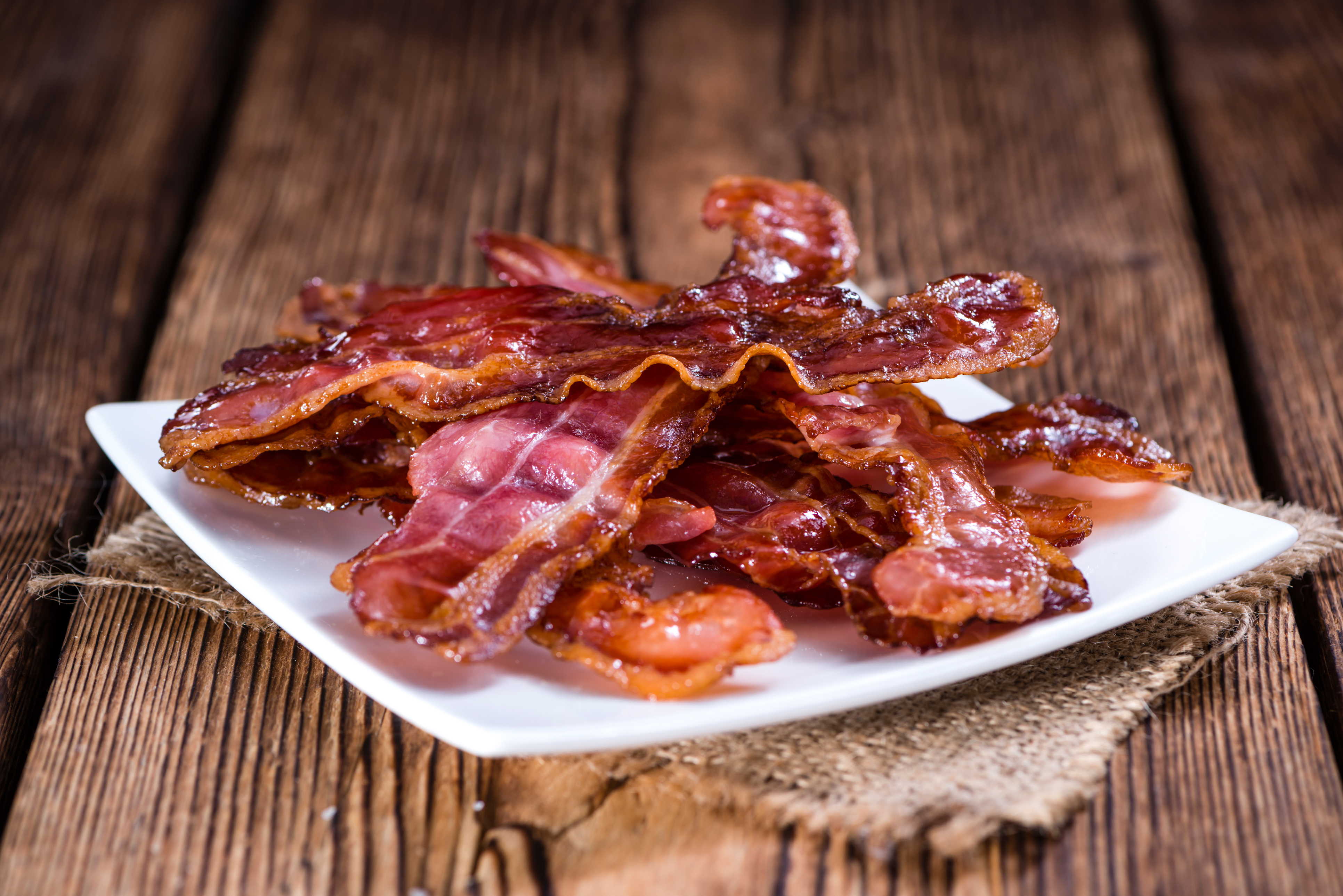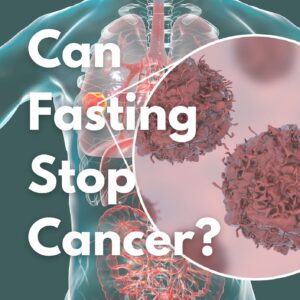There is a persistent over-simplification when it comes to the concept of calories!
Throughout the decades we’ve seen weight loss systems like Jenny Craig, Weight Watchers, and other caloric restrictive diets, perpetuate the concept that all calories are just numbers. If viewing it from this perspective, it makes sense. Dietary fat contains nine calories per gram, versus the four calories per gramfor carbs and protein. So, if you’re focused on a certain number ofcalories you can quickly get to the obvious place of eating less dietary fat in your diet. After all, eating less fat would equal fewer total calories. It’s simple math, right? Therefore, if you’re looking to reduce weight, eat more carbs and protein. I often hear this type of comment, “I’m only allowed to consume 1,200 calories per day”. However, this is not necessarily an accurate way of looking at calories.
In my 30-year career as a health and fitness practitioner, this has been one of the most difficult concepts to address with my clients (along with “lifting weights will make me look like an NFL lineman”). The problem with this approach, is it doesn’t educate people as to the importance of dietary fat. It also doesn’t speak tothe way in which humans have evolved or how our bodies processthe food we eat.
In this blog I’m keeping it simple and throwing only scientifically proven and historically supported facts at you. I’ll spare you the complex terms such as: Metabolic Flexibility, Oxidative Priority, Hyperpalatable Foods, etc. If you want a deeper dive into the science and terminology, buy a copy of my book Fast.Eat.Live.
Let’s dive right in…
Food is fuel. Food is also information. With every bite of food, you’re giving your body instructions for how to behave. Eat carbohydrates and you’re telling your body, “Provide me with quick energy.” However, that energy comes at a cost. It spikes your blood sugar and ignites the fat-storing hormone, Insulin.
Carbohydrates come in many sources. There are incredibly nutritious vegetables, which provide your gut with prebiotics and needed fiber. Also, there are grains and starches that we’ve always understood as staples of the modern diet, but all too often lead to inflammation, and end up leaving you feeling sluggish. Then, there are processed foods, like candy, sugary drinks, desserts, chips, etc. These are hyper-palatable foods, designed to make us crave them more. They also contribute to excess stored energy and can even make us sick. That sickness comes from a weakened immune system, insulin intolerance, and increased inflammation throughout the body.
Carbohydrates aren’t necessarily the problem, as our ancestors consumed them and thrived. It is important to categorize them asto their nutrient density and ability for our body to process them efficiently. As mentioned above, it’s modern-day processed-carbs that are disastrous for our health. If the food comes from a gardenor tree (preferably more natural, healthier sourcing, like organic and non-GMO), then our body recognizes it as food and processesit as fuel.
Eat Fats, and you’re providing your body with essential slow-burn energy and nutrition for better cognitive function. We can quickly see the positive effects of a high fat diet on blood markers (lowered blood glucose, decreased cholesterol and triglycerides, lower levels of PIA-1, etc.) in countless modern studies. Fats aren’tall created equal. You should limit or avoid modern inflammatory cooking oils like corn, canola, hydrogenated or partially hydrogenated, soy, and safflower.
Dietary Fat is so critical for our brain and hormone function, that it’s practically in every natural food source.
Fast.Eat.Live. is the perfect combination of history and modern proven science. It’s through that lens that I’ve studied fats and
their critical role to our health and well-being. I was more influenced by what the Greeks, Romans, and other ancient civilizations ate and thrived on, than I was by fad diets like Paleo or Ketogenic. Although, the studies are clear that these diets cut carbs and their participants do in fact get healthier.
Finally, eat protein and you’re supplying your body with the essential components of life. Every cell in your body is made up of proteins (amino acids). Amino acids are the building blocks of our body and all its structures. When you look in the mirror, or at another person, everything you see from hair, skin, bones, and muscles, are made from amino acids!
This should speak to the essential value of protein in your daily food intake. Fast.Eat.Live. incorporates all of the macronutrients, and doesn’t demonize foods or prescribe restrictions. We simply elect to followa weekly plan that allows our bodies to repair and reset on fast days and refuel wisely on the days following. Finally, it incorporates a lifestyle that’s sustainable, filled with fun, family, and the occasional treat on our live days! Welcome to the nutritional lifestyle system every human should use for health and happiness.




